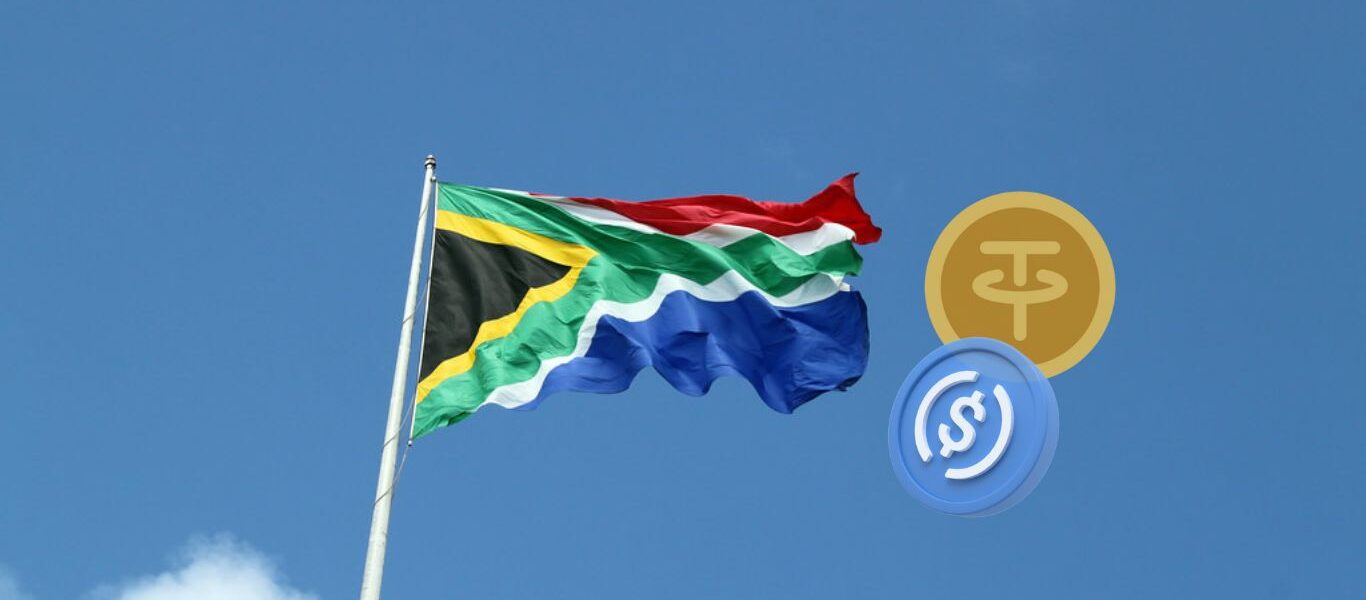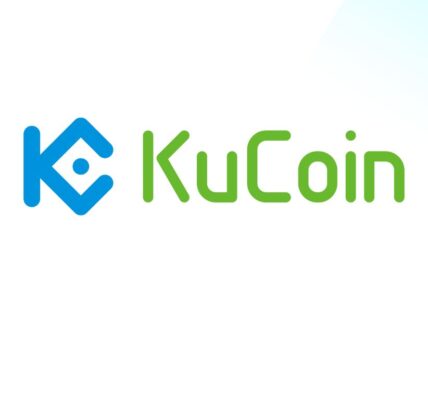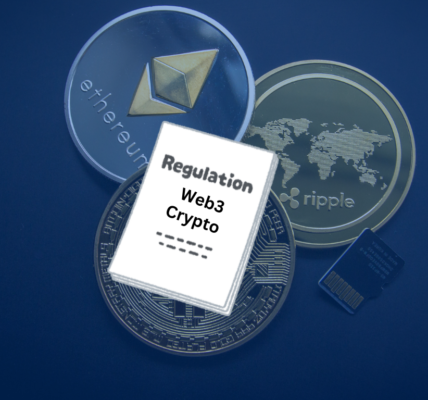South Africa Dives into Stablecoins and Tokenization: Regulatory Framework on the Horizon
South Africa’s financial landscape is set to see significant developments in digital assets, as the Intergovernmental Fintech Working Group embarks on a comprehensive analysis of stablecoins and tokenization. This move positions the country at the forefront of regulatory exploration in these burgeoning areas.
The Working Group, tasked with shaping the future of financial technology in South Africa, will dedicate this year to thoroughly examining the potential applications and challenges associated with stablecoins. These digital assets often pegged to fiat currencies like the U.S. dollar, promise stability and reduced volatility compared to traditional cryptocurrencies. The group will delve into use cases across various sectors, from cross-border payments to microfinance, to assess their viability and potential impact on the financial system.
Alongside stablecoins, tokenization, the process of converting real-world assets like securities into digital tokens, is also under scrutiny. The Working Group aims to understand the implications of tokenized assets on domestic markets, examining potential risks and exploring regulatory frameworks that can foster innovation while safeguarding financial stability. By December, a discussion paper outlining the regulatory landscape for tokenization and blockchain-based financial infrastructure is expected to be released, providing much-needed clarity for market participants.
This proactive approach aligns with South Africa’s ongoing efforts to establish a clear regulatory framework for cryptocurrencies. In 2023, crypto was officially recognized as a financial product, and registration of crypto asset service providers commenced. This year, stablecoins will be classified as a distinct category within the crypto sphere, further solidifying the government’s commitment to structured oversight.
Despite the upcoming presidential election in May, with the ruling party’s majority potentially at risk, the policy direction towards crypto is likely to stay the same. Experts predict continuity in the regulatory approach, regardless of the election outcome, reflecting a growing global recognition of the need for responsible regulation in the digital asset space.
South Africa’s exploration of stablecoins and tokenization marks a significant step towards embracing financial innovation while ensuring responsible development. The Working Group’s analysis and subsequent regulatory framework will be closely watched by other nations navigating the dynamic world of digital assets. As the market evolves, South Africa’s proactive approach could pave the way for a future where stablecoins and tokenization play a secure and beneficial role in the financial landscape.
Also See: Nikkei 225 Reaches New All-Time High After 35 Years, But Global Influence Wanes





